Search

The Imogen Miranda Suleski Fellowship is an annual award for early-career post-doctoral researchers at The Kids Research Institute Australia.
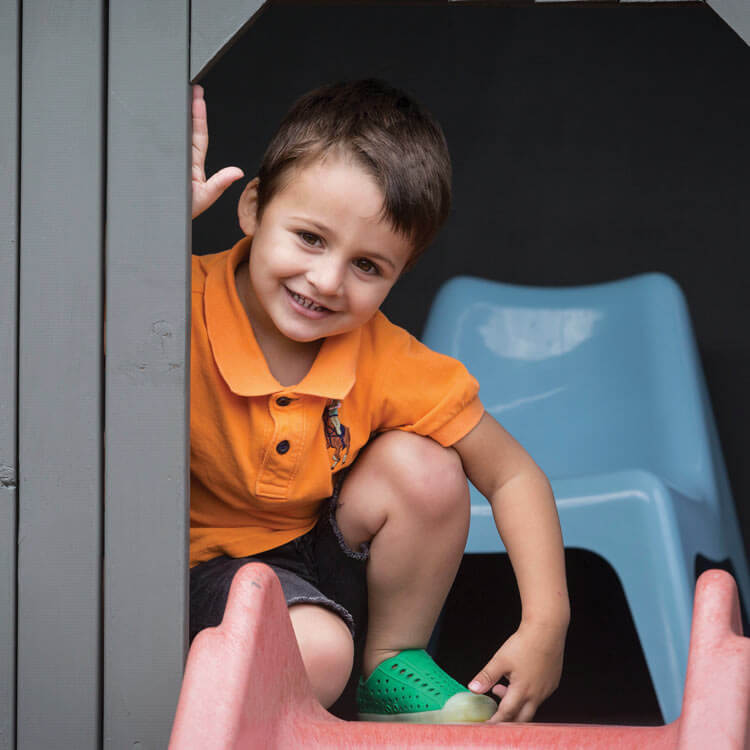
Early intervention in autism is proving a game changer.
Billionaire Stan Perron has made donations to The Kids as part of the Stan Perron Charitable trust totaling $500,000 a year. Read more about his generosity
Explore inspiring stories of research, resilience, and community impact in every edition. Read the latest issue below.
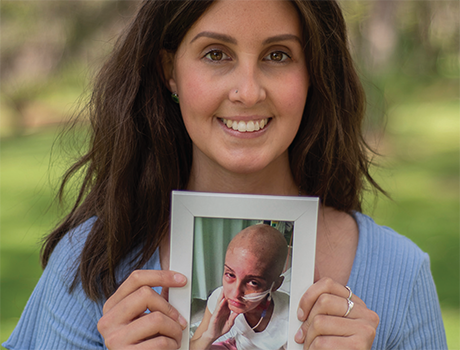

News & Events
Bathtime can mean more than just getting clean!In this new blog, Speech Pathology Lead Aria May explains how bathtime is a great opportunity to support social communication with your child.
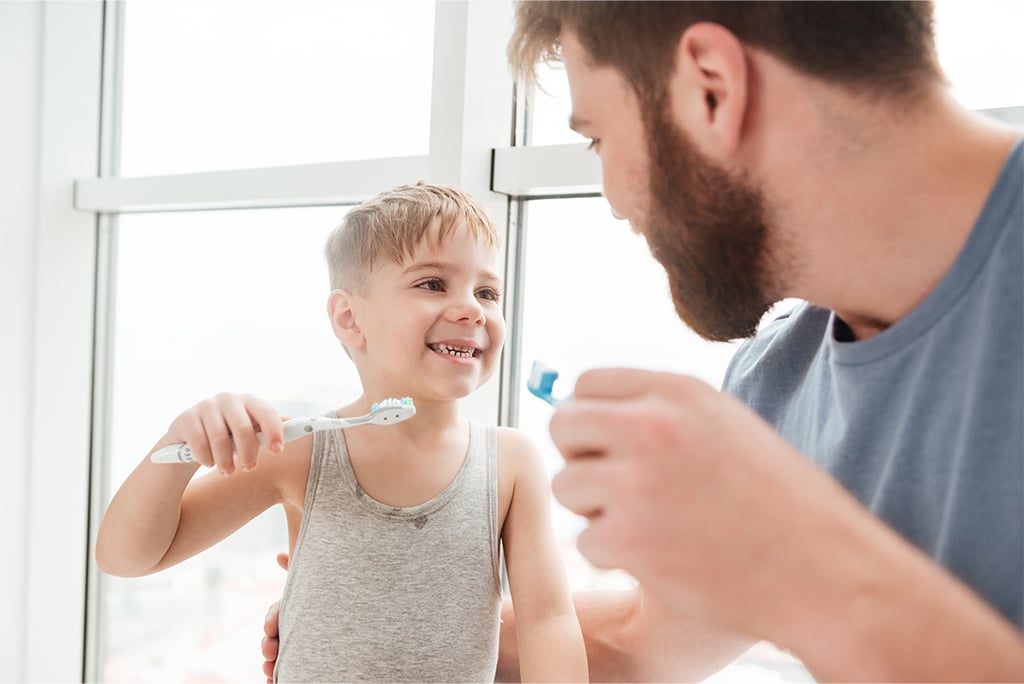
News & Events
Learning to brush teeth independentlyIn this blog, Curtin University Occupational Therapy student Emily Mower shares some tips to help your child successfully brush their teeth.
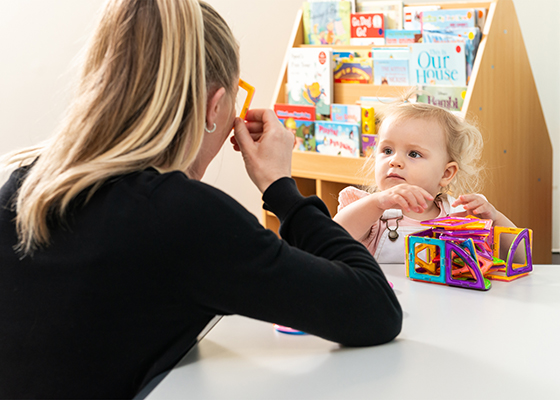
News & Events
Five tips to help autistic kids communicateSpeech Pathologist and Research Development Manager Sarah Pillar shares her strategies for supporting autistic children to communicate.
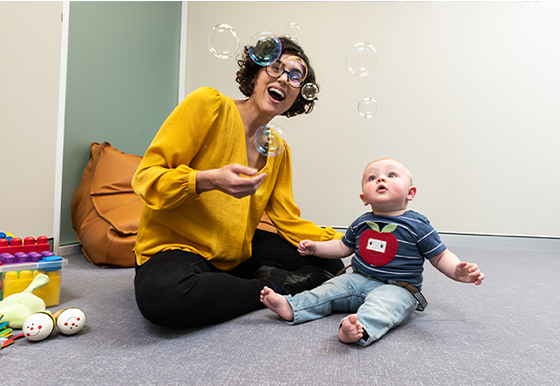
News & Events
Let's play!This is the start of our CliniKids blog series about play. In this blog, Speech Pathology Clinical Lead Aria May, explains why play is so important for autistic children.

News & Events
Making the most of nappy changesIn this blog, Speech Pathology Clinical Lead Aria May and Occupational Therapy Clinical Lead Marie Rodatz share their top tips for making the most of nappy changes to help create more opportunities for connection.
